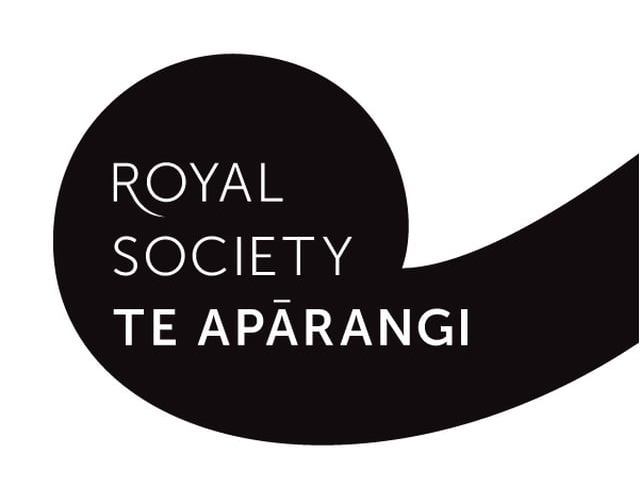In this session we join teachers from a range of schools as they share their experiences, successes and challenges designing and implementing their innovative science programmes.
So great to hear about what teachers are doing in their classrooms
Teacher
In this webinar we aim to deepen your understanding of why and how teachers are making changes to their programmes in order to develop students’ scientific capabilities and support scientific literacy1.
You will also gain insight into the impact of these approaches and how to access support for incorporating these ideas into your own programme.
Lots of easy to adapt ideas I can use.
Participant
You can download the video and slideshow presentation.
| Topic | PowerPoint slide number(s ) | Video timecode |
| Introducing the Science Learning Hub | 1–2 | 00:00 |
| Index | 3 | 01:04 |
| Purpose | 4 | 01:12 |
| What are the science capabilities | 5–7 | 01:30 |
| Science capabilities resources | 8–10 | 02:50 |
| Helen Moore – gathering data2 | 11–18 | 05:21 |
| Meredith Wilson – representing data | 19–25 | 17:45 |
| Roger Colquhoun – engaging in science | 26–32 | 25:06 |
| SLH links, keep in touch and thanks | 33–34 | 32:19 |
Nature of science
The science capabilities have been described as what the Nature of Science3 strand looks like in action. Learn more about the Nature of science in our topic and delve deeper in our Teacher PLD section.
Related content
In this recorded webinar, resources from the Science Learning Hub are highlighted to demonstrate how they might help develop students’ science capabilities as part of a wider science inquiry. In particular, the session offers questions that teachers might ask students to get them thinking and responding along the lines of the following capabilities: gather and interpret data, use evidence4, critique evidence, interpret representations and engage with science.
Other webinars include:
- Developing an eagle eye – observation: gather and interpret data
- Making sense of what we see – interpreting observations: gather and interpret data
- Delving into data – collecting data: use evidence and critique evidence
- Making sense of data – interpreting data: use evidence and critique evidence
- Having fun with the science capabilities – discover simple Material World activities that develop students' science capabilities.
The article Exploring enduring competencies with Kiwi Kai explains how to use an online learning tool to develop students’ competencies and capabilities.
We've created a collection to support educators using the science capabilities. The collection includes activities suitable for ākonga5 in the primary years. Find out how to make the most out of collection tool in our Creating collections article.
Useful links
The presenters of this webinar have all participated in the Science Teaching Leadership Programme. Click here to learn more about this amazing opportunity.
TKI has a wide range of information to support teaching the science capabilities. The site includes links to familiar resources such as the Connected journals.
Acknowledgement
The Science Learning Hub would like to thank the Royal Society of New Zealand and Helen Moore, Meredith Wilson and Roger Colquhoun, participants of the Science Teaching Leadership Programme.
- scientific literacy: The knowledge and understanding of science concepts and processes, which support individuals to make informed evidence-based decisions about issues that may affect them personally or have local/global impacts.
- data: The unprocessed information we analyse to gain knowledge.
- nature of science: The Nature of Science (NoS), is an overarching and unifying strand of the New Zealand science curriculum. Through it, students develop the skills, attitudes and values to build a foundation for understanding the world around them – understanding how science works in order to make links between scientific knowledge and everyday decisions and actions.
- evidence: Data, or information, used to prove or disprove something.
- ākonga: Student, pupil, learner or protégé.


